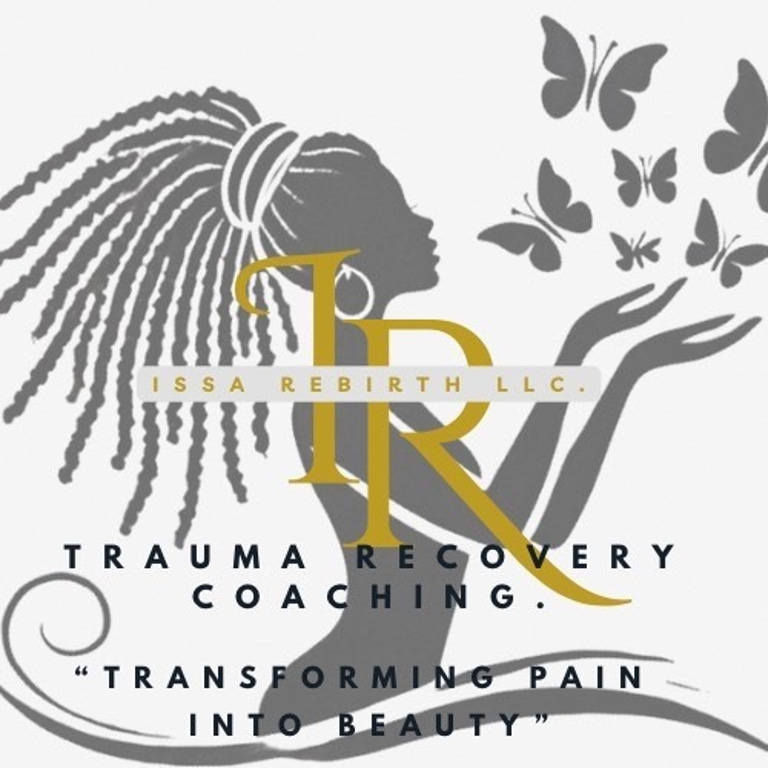Being Intentional with Self-Love:
A Guide to Prioritizing Your Well-Being
SELF CARE
Kenisha Miller
3/23/20252 min read
Self-love is more than just a word—it's a necessary foundation for a fulfilling and healthy life. But loving yourself doesn’t just happen; it requires intention.
Being intentional with self-love means making conscious, deliberate choices to prioritize your well-being and happiness, rather than passively waiting for change or relying on external validation.
Intentional self-love involves actively nurturing your physical, mental, and emotional needs, setting healthy boundaries, and engaging in activities that bring you joy and purpose. Here's a breakdown of what it means to truly be intentional with your self-love:
1. Prioritize Self-Care:
Take care of your body, mind, and spirit with practices that nourish you—like regular exercise, balanced nutrition, quality sleep, meditation, or engaging in hobbies that light you up. Research shows that consistent self-care reduces stress and improves resilience and overall mental health (National Institute of Mental Health, 2022).
2. Set Boundaries:
Learning to say "no" is a powerful act of self-love. Boundaries protect your time, energy, and emotional well-being. According to psychologist Dr. Dana Nelson, “Setting boundaries is an act of self-respect and helps prevent burnout and resentment” (Nelson, 2016).
3. Practice Self-Compassion:
Self-compassion is about treating yourself with the same kindness and care you would offer a friend. Dr. Kristin Neff, a leading researcher in the field, notes that self-compassion is linked to greater emotional resilience and motivation (Neff, 2011).
4. Identify and Address Negative Thoughts:
Challenge negative self-talk and replace it with empowering affirmations. Cognitive Behavioral Therapy (CBT) teaches that our thoughts influence our feelings and behaviors, so replacing harsh inner dialogue with positive self-statements can lead to improved mental health (Beck, 2011).
5. Set Goals and Strive for Growth:
Set realistic, achievable goals and work toward them with grace. Celebrate small wins and learn from setbacks without judgment. Goal-setting provides direction and can boost confidence and a sense of purpose (Locke & Latham, 2002).
6. Seek Support:
You don’t have to do it alone. Reach out to friends, family, or a therapist when you need help. Connection is a core human need, and seeking support is a courageous and loving act
(Brown, 2012).
7. Practice Gratitude:
Taking time to reflect on the good in your life cultivates a positive mindset and reduces stress. Gratitude practices have been shown to increase happiness and life satisfaction (Emmons & McCullough, 2003).
8. Engage in Activities That Bring Joy:
Doing things that bring you joy is not a luxury—it’s a necessity. Joy fuels motivation, strengthens relationships, and adds meaning to life (Fredrickson, 2009).
9. Forgive Yourself:
Let go of guilt and self-blame for past mistakes. Self-forgiveness is key to emotional healing and opens the door to personal growth (Toussaint et al., 2015).
10. Recognize Your Worth:
You are worthy of love, respect, and happiness—simply because you exist. Remind yourself of your inherent value, regardless of your achievements or past experiences.
Final Thoughts:
Being intentional with self-love is an ongoing practice. It takes effort, but the results—inner peace, resilience, and a deeper sense of self—are worth every step. Start small, be patient with yourself, and remember that the relationship you have with yourself sets the tone for every other relationship in your life.
Sources:
- National Institute of Mental Health. (2022). Caring for Your Mental Health. https://www.nimh.nih.gov/health/topics/caring-for-your-mental-health
- Neff, K. (2011). Self-Compassion: The Proven Power of Being Kind to Yourself. William Morrow.
- Beck, J. S. (2011). Cognitive Behavior Therapy: Basics and Beyond. Guilford Press.
- Locke, E. A., & Latham, G. P. (2002). Building a practically useful theory of goal setting and task motivation. American Psychologist, 57(9), 705–717.
- Brown, B. (2012). Daring Greatly. Gotham Books.
- Emmons, R. A., & McCullough, M. E. (2003). Counting blessings versus burdens. Journal of Personality and Social Psychology, 84(2), 377–389.
- Fredrickson, B. L. (2009). Positivity. Crown.
- Toussaint, L., Worthington, E. L., & Williams, D. R. (2015). Forgiveness and health. In Handbook of Forgiveness (2nd ed.).

